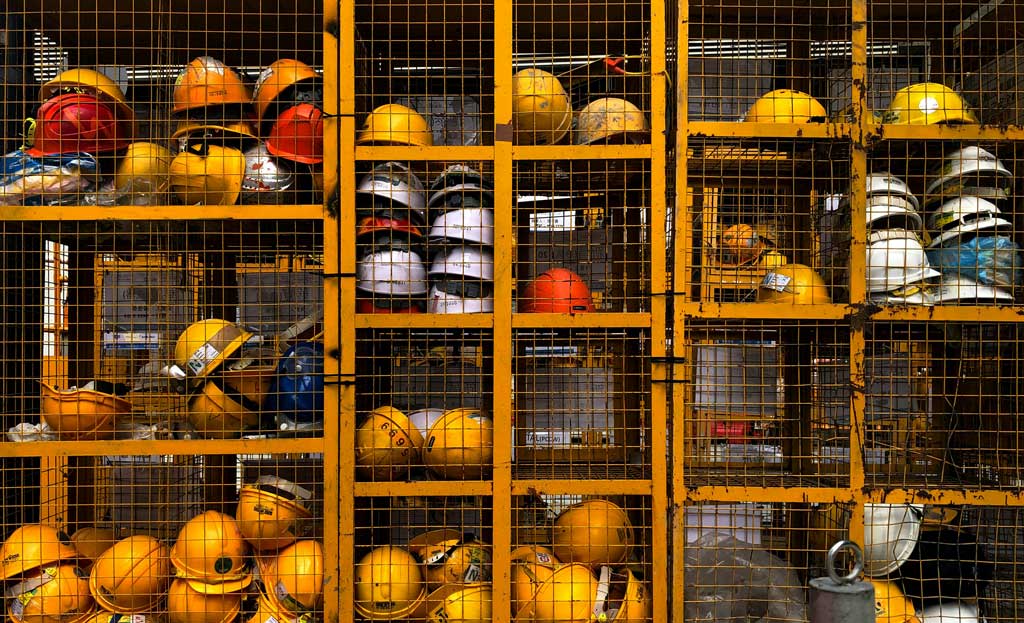Expertise
Our instructors are seasoned professionals with years of experience in the field and understand the environment.

Empower your organisation’s emergency response capabilities with our specialised Emergency Planning Committee Training, meticulously designed to meet the unique challenges of various work environments. This bespoke program is finely adapted to the specific safety requirements of your workplace, ensuring that the training provided is not only relevant but also directly enhances your team’s ability to manage emergencies effectively.
Conducted within your own work setting, our Emergency Planning Committee training offers a dynamic and practical learning experience. We focus on real-life scenarios tailored to mirror your workplace’s specific risks and conditions. This approach guarantees that the skills and strategies taught are both effective and immediately applicable, enhancing your team’s preparedness and response capabilities.
Recognising the diverse dynamics within professional teams, our training emphasises the importance of leadership, effective communication, and teamwork in emergency management. This strategic focus not only strengthens team cohesion but also significantly improves your team’s capacity to handle emergencies efficiently, fostering a proactive and prepared safety culture.
Designed to seamlessly integrate into your organisation’s schedule, our program minimises impact on daily operations while maximising educational outcomes. We delve beyond basic emergency response knowledge, focusing on cultivating leadership in crisis situations, enhancing situational awareness, and fostering a readiness mindset. This empowers team members to competently lead and coordinate during emergency incidents.
Opt for Our Emergency Planning Committee Training for Enhanced Preparedness
Choosing our Emergency Planning Committee Training is a strategic decision towards fostering a safer, more resilient workplace. By focusing on leadership and readiness, you’re not just complying with safety regulations; you’re building a culture of preparedness and responsibility. Invest in our training to protect your workplace and ensure your team is equipped to face emergencies with confidence and competence.
Students who are deemed competent will receive a Qualification, which is recognised under the Australian Qualifications Framework. This training is nationally recognised:

The RTO responsible under the National Vocational Education and Training Regulator Act 2011 for the quality of the training and assessment being delivered in this course and for the issuance of all AQF certificates is:
Intrinsic Safety trading as Rescue Group Training
RTO No. 45803
Our detailed course outline ensures a thorough grasp of:
We provide a well-rounded assessment process that encompasses both practical tasks and scenarios, as well as written theory assessments, throughout the training. This comprehensive approach ensures a thorough evaluation of your skills and knowledge, allowing you to demonstrate your competency in real-world application and theoretical understanding.
Specific assessment tasks to be undertaken include:
Course Duration & Modes
Each format is tailored to different learning styles and schedules, ensuring effective and efficient Emergency Planning Committee Training.
This course can be delivered/assessed in the workplace or at a facility organised by Rescue Group Training.
Our Emergency Planning Committee (EPC) Training is meticulously tailored to meet the specific needs of each sector, ensuring that your organisation is well-equipped to handle emergencies with confidence and efficiency. Explore how our specialised EPC training programmes can benefit a wide array of industries:
Healthcare & Hospitals:
Tailored to the critical demands of patient care environments, our training prepares staff for pandemics, accidents, and natural disasters, ensuring patient and staff safety.
Chemical Manufacturing:
Focused on managing hazardous materials, our courses equip teams with the skills to safely handle chemical spills, fires, and explosions.
Oil & Gas:
Designed for high-risk environments, our training offers strategies for spill response, fire prevention, and explosion mitigation.
Construction:
Addressing site-specific hazards, we provide strategies for dealing with falls, equipment failures, and structural collapses, ensuring a safer workplace.
Mining:
Our training prepares workers for underground and surface emergencies, including mine collapses, hazardous exposures, and rescue operations.
Utilities & Energy:
Specialised training for dealing with outages, infrastructure failures, and disaster resilience to ensure continuity of essential services.
Transportation & Logistics:
From airlines to shipping, our courses cover accident response, hazardous material handling, and emergency logistics planning.
Education:
Ensuring the safety of students and staff, we offer plans for fire safety, lockdown procedures, and disaster response in educational settings.
Government & Public Services:
Tailored for civil protection and public safety, our training includes disaster response, evacuation planning, and emergency coordination.
Hospitality & Tourism:
Focused on guest safety, our training prepares staff for fires, natural disasters, and health crises management.
Retail & Shopping Centres:
Customised to address the challenges of large public spaces, including fire safety, evacuation procedures, and crisis management.
Financial Services:
Our courses cover data breach responses, physical security incidents, and crisis management to protect operations and sensitive information.
Telecommunications:
Ensuring service continuity, we address emergency planning for natural disasters, technical failures, and infrastructure resilience.
Food & Beverage Manufacturing:
Addressing risks of contamination and equipment failures, our training includes food safety and fire prevention strategies.
Warehousing & Storage:
Our programmes prepare teams for fire safety, hazardous material handling, and emergency response planning.
For comprehensive details on your rights and responsibilities, including our complaints and appeals process, kindly refer to the Pre-Enrolment Participant Handbook on our website.